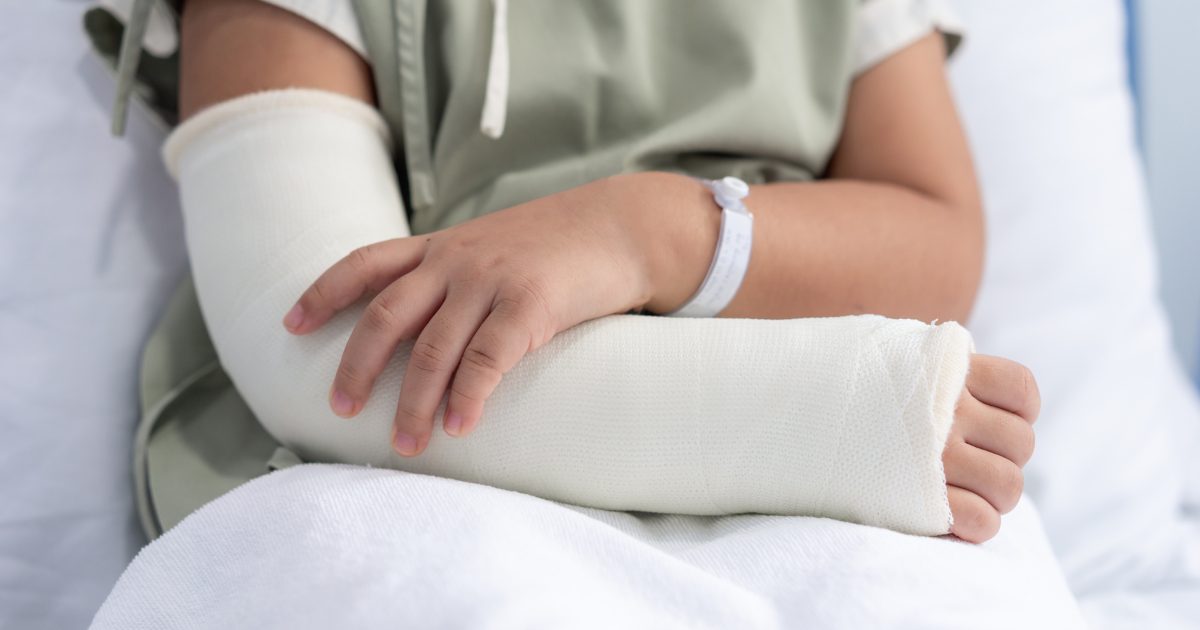What Parents and Guardians Need to Know
Cases involving children are handled differently than those involving adults as various nuances apply. Nevertheless, children who sustain injuries are entitled to the same compensation and remedies for pain and suffering as adults. However, any case involving a minor child has different considerations than those involving adults.
The legal experts at Hagelgans & Veronis have extensive experience litigating injury claims involving children. Our team has the expertise to obtain the maximum compensation for injury cases involving your child. Contact us at (717) 604-9670 to explore your juvenile injury case.
Children are Held to a Different Standard
In many adult injury cases, contributory negligence can diminish or even negate an injury claims case if the victim contributed to their injury in some manner. Pennsylvania is a modified contributory negligence state, meaning that victims can pursue an injury claim as long as they are responsible for less than 51% of the incident. In adult claims, if the courts find an adult responsible for 40% of an injury-causing accident, the victim would only receive 60% of the original award request.
Children are held to no such standard, as they are unable to recognize dangers and assess risks in the same way as adults. You cannot prove negligence against a child. Conduct that may be negligent in an adult may seem inviting to a child. Children under seven cannot be found negligent under any circumstances. Those between the ages of seven and 14 may be presumed incapable of negligence. However, this assumption can be easily rebutted if one can legally demonstrate that a child did not have the knowledge, experience and faculties to assess the risk adequately. Thus, a jury may find a child victim to have contributory negligence in some cases.
What Types of Compensation Can an Injured Minor Receive?
A lawsuit can claim economic and non-economic damages on a minor’s injury claim, although the latter is more difficult to calculate. Economic damages include medical expenses like emergency treatment, hospital, doctor and therapy bills. Future loss of earning potential may also figure into the settlement. Non-economic damages include pain and suffering, mental anguish and the losses resulting from a diminished quality of life.
Who Receives the Compensation for a Child’s Personal injuries?
In juvenile personal injury cases, the award money can go directly to the child until they turn 18. Although a minor’s injury lawsuit is filed through the adult, the claim is made for the injured child and should be used solely for their benefit. Unless other arrangements are made, the Clerk of the Court will hold the awards fund in an interest-bearing account until the minor turns 18, at which time the child will receive a lump sum balance. Money for out-of-pocket or ongoing necessary medical expenses may become immediately available if the child’s family needs the money.
When a personal injury case involving a minor is settled, the court must approve the settlement terms to ensure it is in the child’s best interest. After approval, funds may be distributed in the following ways:
- The defendant or insurance company pays the settlement to the Clerk of the Court, who holds the funds in an interest-bearing account.
- With the Court’s approval, a fiduciary may hold the funds in trust and can pay them out to the parents over time for the child’s use and benefit.
- For large sums, the Court may approve a structured settlement offering higher interest rates and more flexibility in payouts.
Who Files a Personal Injury Case Involving a Child?
Those under 18 cannot file their own personal injury cases, but state law allows an adult, called a “next friend,” to file a claim on the child’s behalf. The adult, usually a parent or a legal guardian, will be responsible for deciding on handling the case and must sign the necessary documents to prosecute the claim or bring it to a close. In some cases, the Court will appoint a guardian ad litem to represent the injured child’s interests.
The Pennsylvania statute of limitations requires a personal injury lawsuit to be filed within two years of the injury date. However, once the minor has turned 18 and no injury lawsuit has been filed, the victim may file their own lawsuit within two years.
Filing a Minor’s Personal Injury Case
Although injury cases involving a minor are similar to those for adult victims, parents and guardians should be aware of the differences and ensure that they follow the correct process and file the necessary documents.
Contact the experienced litigators at Hagelgans & Veronis at (717) 604-9670 to schedule your free consultation and speak with a lawyer experienced in personal injury claims involving minors.








